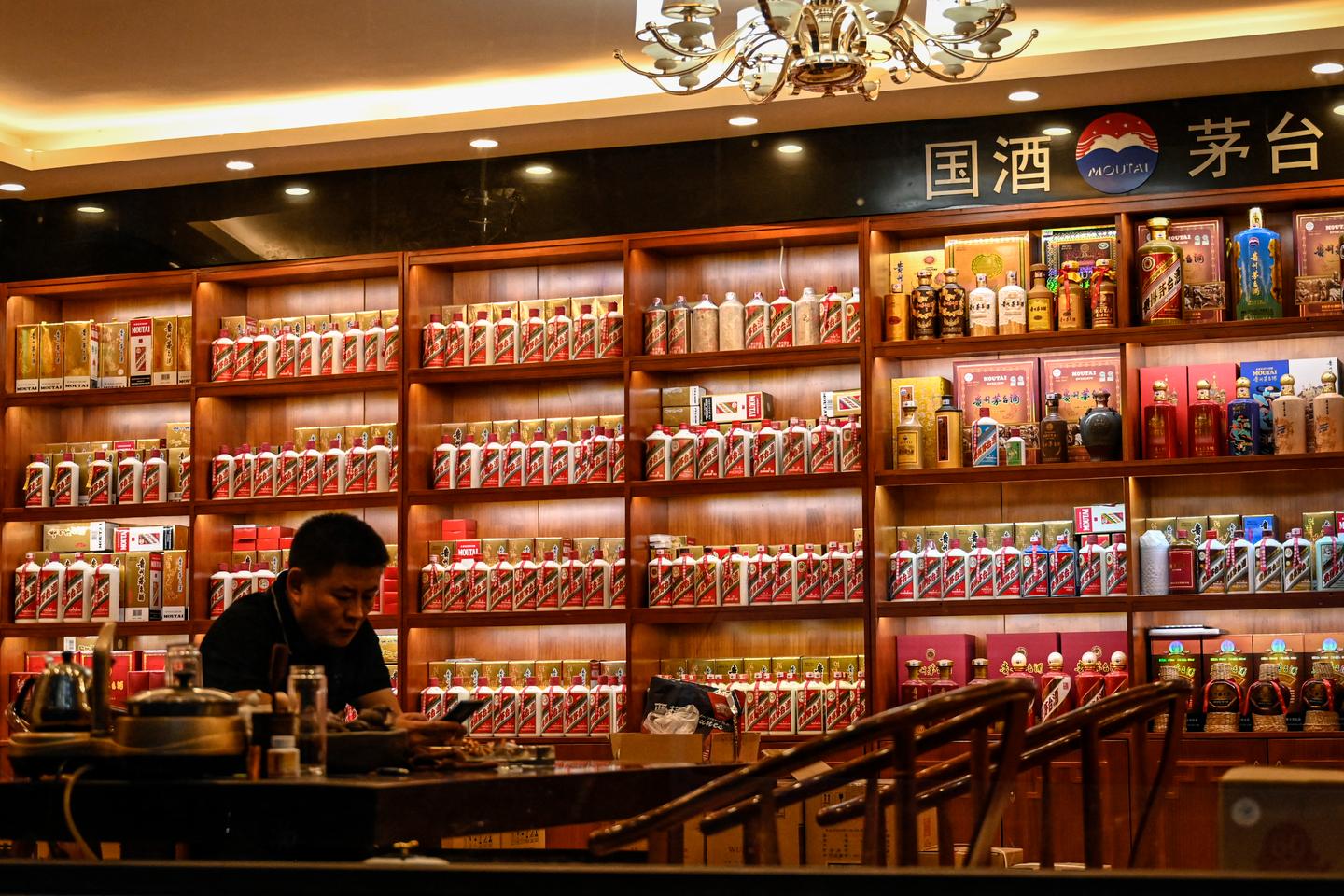


In the trade war between the European Union (EU) and China, the counter-attack has not been long in coming. Five days after Brussels' decision to impose tariffs of up to 35% on Chinese electric vehicles, Beijing announced on Tuesday, October 8, that importers of European brandy would have to lodge a security deposit with customs from Friday. It's a measure that particularly penalizes cognac, which accounts for 95% of brandies.
"From October 11," warned the Chinese ministry of commerce, "when importing brandies from the EU, importers must provide the corresponding deposit to customs in the People's Republic of China." This sum will be debited retroactively if Beijing decides to really hit these spirits, as it considers its domestic brandy industry "threatened with substantial damage" by its European competitors.
French Foreign Trade Minister Sophie Primas has declared that France, like the EU, will challenge these "incomprehensible measures" before the World Trade Organization (WTO), even though the organization has been struggling for years to settle disputes. In May, during the state visit of President Xi Jinping, his French counterpart Emmanuel Macron welcomed the fact that China was not imposing "provisional" taxes on spirits, and presented him with bottles of cognac, among other gifts.
'Notification of tax intentions'
This threat had been pending since January. That was when Beijing launched an investigation into wine-based spirits coming from the EU, in response to Brussels' investigation into Chinese state subsidies for electric cars, but also for other sectors such as photovoltaic solar energy and, above all, wind turbines – a sector in which Chinese manufacturers are jeopardizing major German, Spanish and Danish manufacturers.
In mid-September, nearly 1000 winegrowers, together with cognac merchants, marched through the southwestern French town of Cognac to the sub-prefecture, to alert the government about the "urgency" of the issue. In August, China claimed to have evidence of European dumping. Trading houses had also subsequently received "notification of tax intentions" which could be around 35% on average, noted Florent Morillon, president of the Bureau National Français Interprofessionnel du Cognac, a decision-making body for the cognac industry.
On Friday, October 4, despite strong opposition from Berlin, EU member states voted to impose customs duties on electric cars imported from China. This measure is due to come into force at the end of October, with Brussels having also set up a security deposit mechanism for Chinese manufacturers. The wine industry felt that it had been "sacrificed" by the government and the EU.
You have 33.73% of this article left to read. The rest is for subscribers only.
